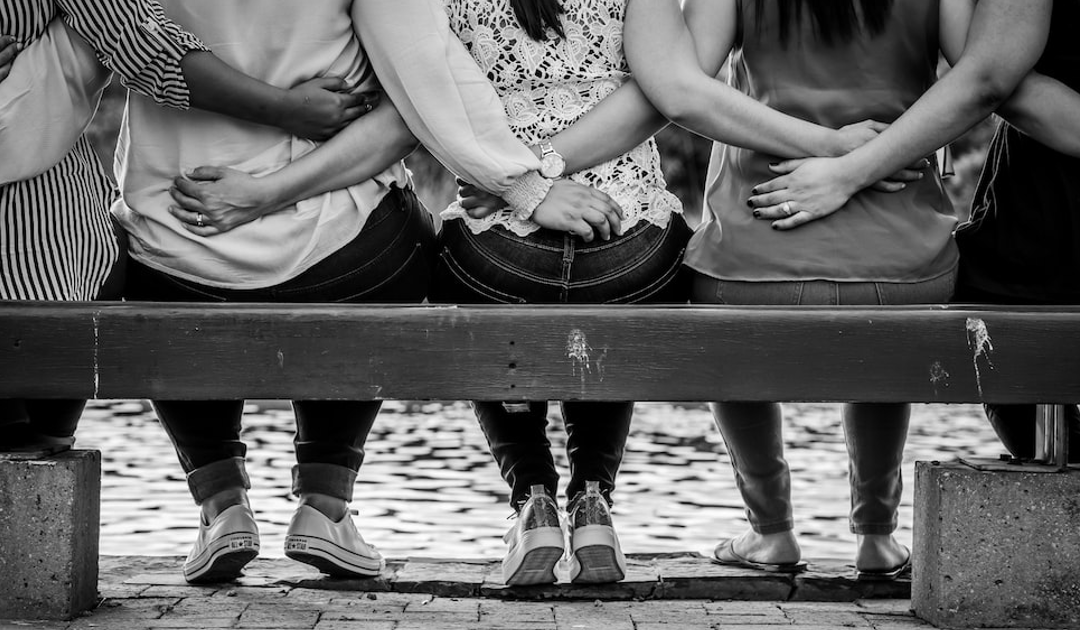You know the feeling…dread, fear, panic, and disbelief then fatigue, overwhelm, stress, and confusion or anger … just to name a few of the happenings when our life is abruptly or even slowly disrupted with a heartfelt loss. We just lost our cat, Puma. He came from Indonesia and was an orange loud cuddly cat. He’d end up on everyone and anyone’s lap. I remember holding him for almost a day when my dad died. So warm and soft and snuggly; oh and, a bit pushy to get right up underneath your chin for the most satisfied Puma cuddle. I didn’t feel like talking or going anywhere and he was so content to lay on my chest and purr. Moving through grief and loss, understanding the joy of one another’s presence has been so healing. He was loved by many and cherished by his owner of 15 or so years, my partner Tyler. It doesn’t matter how much I talk about grief; I don’t experience it less or even know how I will respond to the next loss. Our brains and nervous systems don’t operate that way, even if sometimes we’d like to be in control – we are launched onto the roller-coaster of grief.
I appreciate Bonnie Ware’s book, “The Five Regrets of the Dying”, as it highlights how crucial it is to embrace our deepest truths to navigate through loss. Many of us wake to a new knowing of what is most important to us and all that we value. When grieving, honoring one’s true feelings and desires, even in the face of loss can be difficult.
One of the most poignant regrets highlighted by Ware is the sorrow of not living a life true to oneself, but rather, one shaped by the expectations of others. Can anyone relate? I have fallen deep down this hole of being much more in tune with others and not myself, not my body, and even finding my own thoughts! When grieving or moving through a loss, looking at ourselves truthfully and asking whether we are indeed charting a life of authenticity.
The detriment of overworking and suppressing feelings emphasizes the significance of balance and emotional expression in leading a fulfilling life. Finding safe places to do this has always been a bit rare. It’s experienced by many, that expression of emotions freely, there is more room to breathe and experience a release. Perhaps you were like me, believing crying needed to be wrapped up quickly and everyone wants to see you happy, not grieving or being a “cry baby”. These cultural norms to not grieve openly or share vulnerabilities honestly, so we feel alone. It’s time to embrace the practice of pausing, reflecting, and allowing ourselves to feel all of it.
